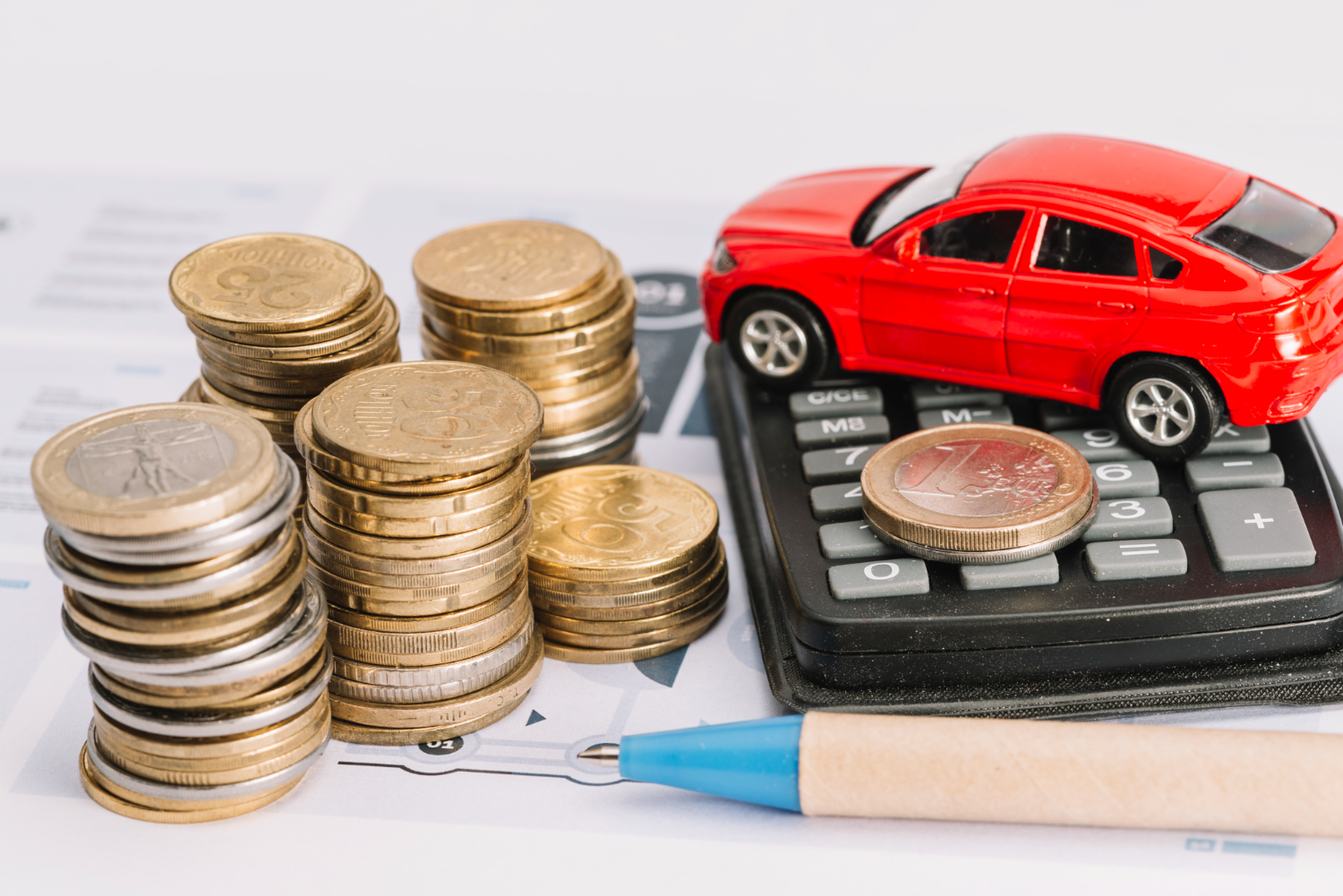
Taking care of your car is essential, but many drivers ignore basic maintenance. Small issues can lead to expensive repairs later on.
As reported by RepairPal, the average driver in the US spends approximately $652 per year on car maintenance and repairs. This shows that neglecting minor problems can quickly increase costs.
Many drivers are unaware that simple habits can help extend their vehicle’s lifespan and improve its performance, all while saving money over time.
In this article, we will share simple tips that every driver can implement. By adding these habits to your routine, you can save time and money, avoid expensive repair bills, and prevent the “check engine” light from appearing.
Table of Contents
Expert-Backed Car Maintenance Tips to Save Time and Money
Here are the seven expert-backed car maintenance tips to save your time and money:
1. Keep Your Car Clean Regularly
Cleaning your car is essential for its looks and longevity. Regularly washing your vehicle helps protect it from long-term damage. Cleaning off dirt and debris stops grime from sticking to the paint. This helps prevent rust and corrosion.
Car care experts at Soapy Shark Car Wash say one of the smartest habits is to rinse dirt and debris off your car regularly; it stops grime from bonding to the paint and makes full washes much easier.
A simple clean can save you money on paint repairs and help keep your vehicle looking fresh longer.
2.. Check Tire Pressure Monthly
Many drivers forget to check their tire pressure, but this is important for safety and saving money. A recent report found that properly inflated tires can boost fuel efficiency by up to 3%. Regular tire checks can also help prevent uneven wear, extending tire life and saving you money on replacements.
Check your tire pressure at least once a month or before a long trip. Many gas stations have free air pumps, making this an easy habit to adopt. Keeping your tires properly inflated can also improve vehicle handling, making your driving experience secured and more enjoyable.
3. Change Oil Regularly
Regular oil changes are one of the easiest and most important tasks you can do to keep your vehicle running well. Oil helps the engine work smoothly and keeps it at the right temperature. Over time, oil breaks down and can damage the engine if it’s not changed.
Follow the oil change schedule in your owner’s manual. Sticking to this schedule will boost your engine’s performance and help it last longer. An engine with good lubrication works better and wears out less quickly, which can save you money on repairs in the long run.
4. Inspect Fluid Levels
The fluids in your vehicle, such as coolant, brake fluid, and transmission fluid, are very important for it to function well. If these fluids get too low, they can damage key parts such as the engine and brakes.
Check your car fluids every few months or when you change the oil. Even if your car alerts you to low fluid levels, it’s wise to do manual checks yourself. Adequate coolant prevents engine overheating, while the right brake fluid level is crucial for safe braking.
5. Replace Air and Cabin Filters
The engine and cabin air filters are vital for maintaining your car’s optimal performance. Engine air filters make sure your engine receives clean air for combustion. In contrast, cabin filters improve the air quality inside your car. Over time, these filters collect dirt and debris, which can affect both efficiency and comfort.
According to a recent report from Fox Garage Services, changing filters every 12,000 to 15,000 miles is a simple way to enhance your vehicle’s performance and improve air quality. Clean engine air filters boost efficiency, while new cabin filters reduce dust and allergens, enhancing your driving experience.
6. Pay Attention to the Battery
A dead battery is one of the most common reasons drivers experience breakdowns. Car batteries typically last between three and five years, so it’s critical to check your battery regularly.
Check the battery terminals for corrosion, ensure it’s securely fastened, and verify tight connections. If your car struggles to start, the battery may be failing. Maintaining your battery can prevent unexpected breakdowns, especially in cold weather when it’s most vulnerable.
7. Follow a Regular Maintenance Schedule
Your car’s manufacturer adds a maintenance schedule in the owner’s manual. Following this schedule is crucial to maintaining your vehicle in good condition. These services, such as checking the timing belt and brakes, help identify problems early and prevent costly repairs later.
Set reminders for frequent inspections with a trustworthy mechanic to avoid expensive repairs. Keeping up with maintenance helps your car run efficiently and saves you time and money in the long run.
Conclusion
By following these car maintenance tips, you can save time and money. Regular care keeps your car running well and helps you avoid expensive repairs.
The best part is that you can do these tasks yourself without needing a mechanic. This will help your vehicle last longer, run more reliably, and operate more efficiently.
Start using these simple methods today for a smoother and more cost-effective driving experience for years to come.


